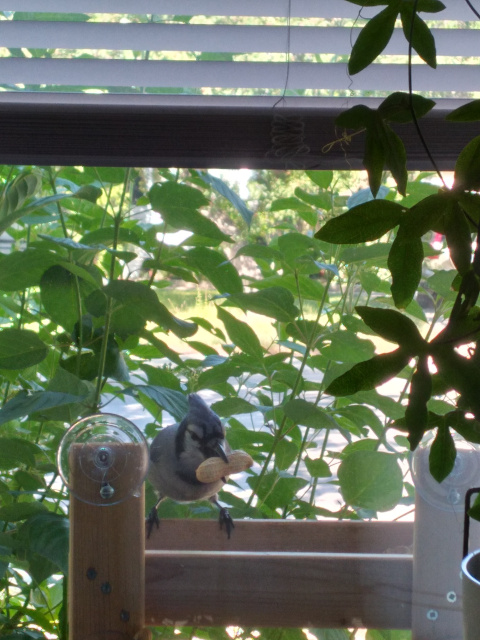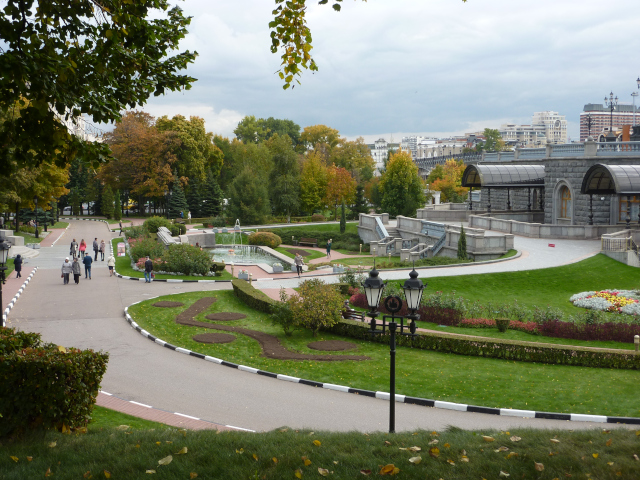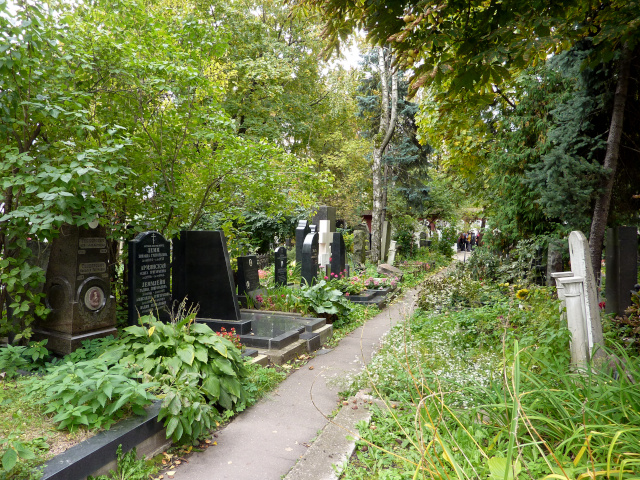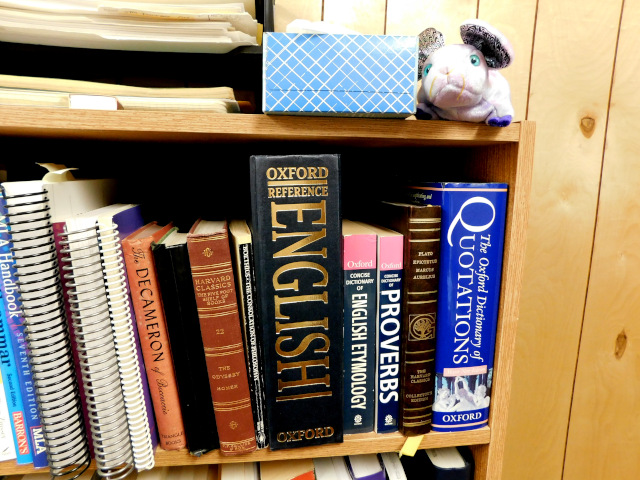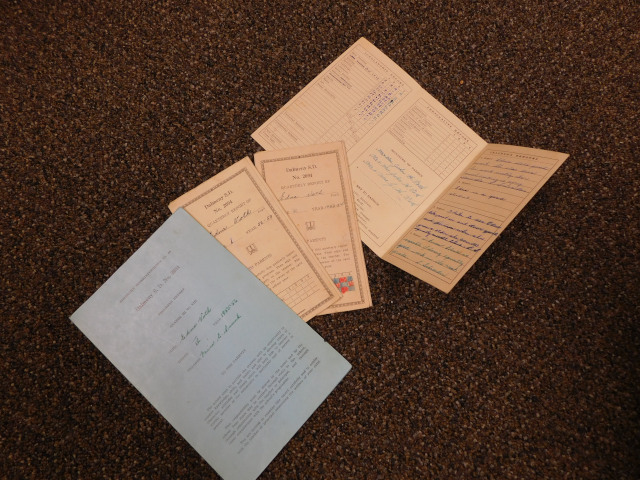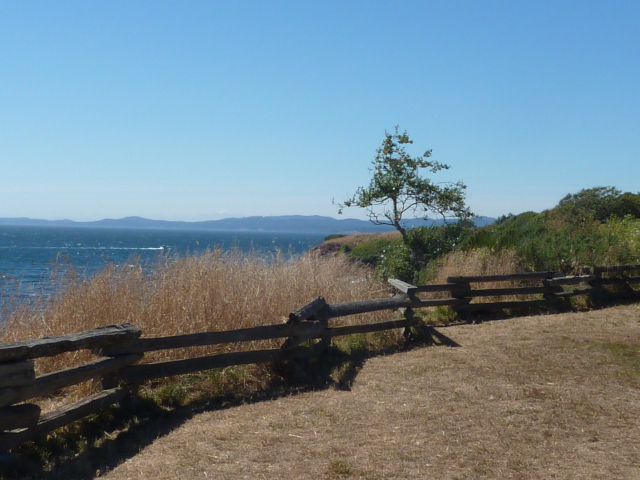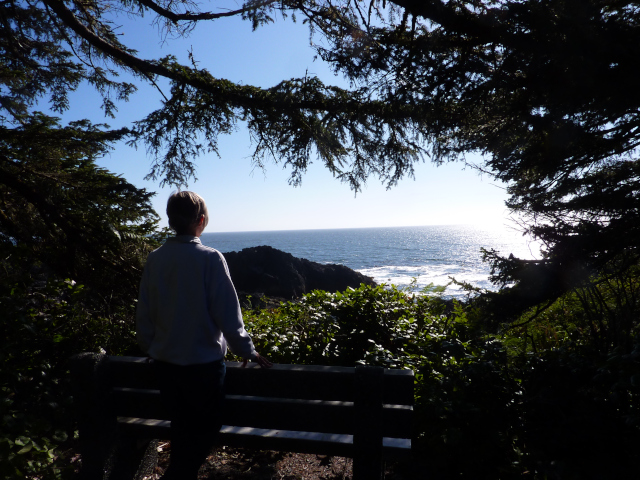
Circumstances determined that I would never become a movie buff. In my childhood, movies were forbidden. That created both suspicion and heightened desire, of course, so in my young adult years, I indulged in binges of movie-watching, all the while maintaining moral scruples about content. But then came marriage and children and a limited budget, followed by years of limited time; movies thus remained in the category of the special, a rare treat, like going to see live theatre. Actually, the latter occurred more often than the former. I did anticipate that in my retirement I would finally catch up on all the movies I’d heard about that I wanted to watch.
Who would have guessed that in the meantime, mumbled lines would have become the standard of excellence? I will acknowledge that sorting out desirable conversation sounds from background noise has become more difficult for me; otherwise, though, I still have good hearing. So why was it nearly impossible to understand dialogue? It’s hard to get involved in a storyline when none of the characters speak clearly. Who cares about a romantic exchange muttered into the pillows? Heated arguments make no sense when characters speak over each other or otherwise muffle and slur their words.
According to a recent opinion piece in our local newspaper, such inarticulate dialogue has become de rigueur in the name of realism. A lot of people mumble in real life, and so, the argument goes, to be authentic, actors should also speak without moving lips or jaws or bothering to face the camera.
I readily agree that there’s lots of mumbling going on these days. Too many messages left on my phone remain unintelligible even after repeated replays; I’ve overheard conversations that might as well have been spoken in another language; lyrics of popular songs are often incoherent except perhaps for one or two phrases endlessly repeated. What’s much worse—one can select one’s entertainment, after all—I’ve struggled to understand health professionals who couldn’t be bothered to enunciate their words. In some cases, I was convinced that even if they removed their masks, I still wouldn’t have had a clue what they were saying.
The consequences of all this muttering and slurring of words should give us pause, I think. In the entertainment world, it means that the tales told are “full of sound and fury, / signifying nothing” (Shakespeare, Macbeth). Of necessity, story-lines have to be conveyed through action, which might explain the ever-increasing violence and general aggression in dramas and ever-more dramatic silliness in comedies. Characters can hardly be developed in any depth, if they never say much that can be grasped.
In the real world, in the various situations that we all negotiate—and this is my real concern—mumbling has the effect of humiliating and excluding far too many people. It is acutely embarrassing to have to ask people to repeat themselves, only to hear the same inarticulate sounds, just with greater volume. Socializing becomes difficult and those important conversations we have to understand in order to buy a license, get a prescription, hear a public speaker (minister, politician, emcee at a wedding or concert), respond to an incipient quarrel seem too daunting to attempt.
When we are also asked to cope with background music at foreground levels or urban noise or the hubbub of a larger crowd, the work of translating verbal codes into meaning is finally exhausting. Shouted mumbling is no better than quiet mumbling. The frustration of not being able to decipher the words of even those who are trying to be helpful leads inevitably to helplessness and increased withdrawal. Why bother going to the church service or the concert or the memorial or the family gathering only to sit on the sidelines, unable to participate?
Much has been said in recent years about inclusivity and the importance of meeting the needs of the vulnerable among us. I agree with that emphasis. We should be encouraged to be kind, to include, to make sure that all people have what they need and can access necessary services. So how can we begin to turn mumbling into an embarrassment for the speaker instead of for the baffled hearer?
Children pick up their speech habits from their caregivers, of course, and are unlikely to alter those without focused effort, both by them and by their teachers. Which translates into yet another obligation placed on our educators. That seems unfair. The movie industry can continue to churn out inarticulate dialogue because closed captioning is available (and is increasingly being used by ever younger populations). In the really important conversations among people who matter to us, subtitles aren’t an option. Lip-reading a mumbler isn’t a successful enterprise, either. Hearing aids amplify sounds, of course, and newer technology can help block out extraneous sounds, but no hearing aid, and no technician at the sound board of a public address system, can fix distorted sounds created by a lazy mouth.
There’s nothing else to do here, friends, other than giving our lips and tongues some much-needed exercise and learning to enunciate our words. It’s not that hard, and even if it were, wouldn’t it be worth the effort to avoid shutting people out?
